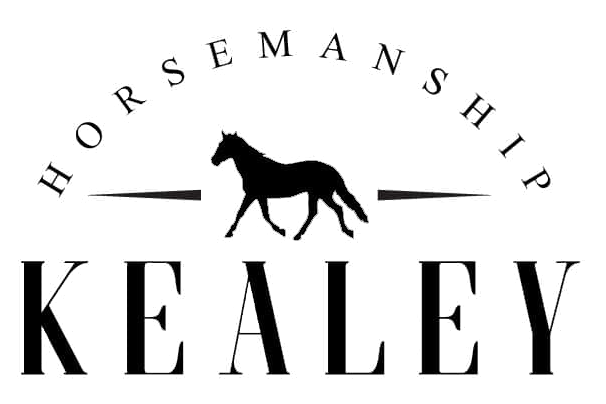Harry Whitney Clinic: Day 1
We all attend clinics with the hopes of achieving our next goal, or getting that important token of advice missing from our tool box. For Piper and I, it was working on the little things to get her softer and understanding the basics of self carriage. Inevitably at the start of each clinic, everyone goes back to the beginning of where everything starts, which is asking the horse to stay connected and ready for the things we ask.
On the first day of the Harry Whitney clinic in AZ, I went back to the basics of horsemanship. In a way it felt like starting over from a different perspective. Traveling to a new place allows the things you've been missing and the true emotions of your horse to come to the surface. This situation can be great for long term partnerships, and people who work alone, because it helps to highlight the things that are most crucial to understanding horses.
Liberty work is an approach to training that Harry is very finessed at demonstrating and teaching. This can be a great avenue to get a horses focus, while developing a search in the process. On the first day I turned Piper loose to see what I was working with. She became unavailable when the halter came off, which required me to get bigger in order for her to find a different response. In between the fleeing, and the eventual softness was her emotions about allowing me to direct her. This was where Harry’s instruction was helpful in recognizing the anxiety in her response, and that waiting was the best option. Piper eventually made it through while feeling better on the other side. Once this took place, it was easy to direct her and draw her back.
The true conversation doesn't start until the horse becomes a willing participant. A horse can know how to do a lot of things, but until he makes the choice to stay mentally connected there is a limit to our efforts in training. Liberty training and other types of groundwork are very different from traditional teachings in the eyes of Harry and other trainers who embrace the importance of directing a horses thoughts. The results go beyond obedience to address how a horse feels and responds. The most important test of leaving your horses comfort zone is always about building the commitment to check in.

